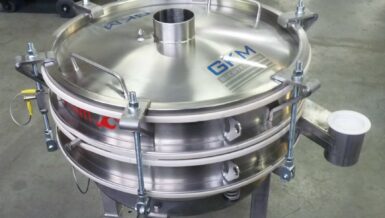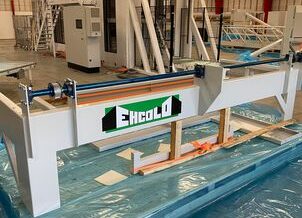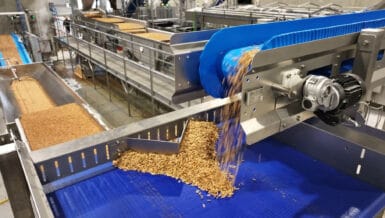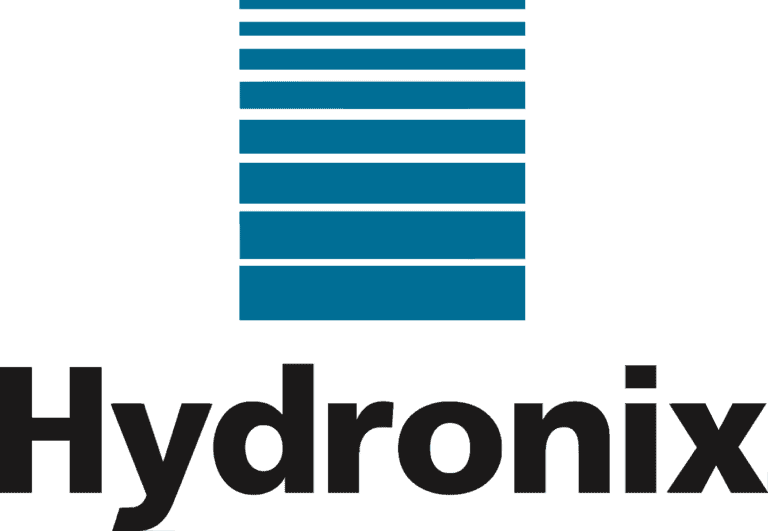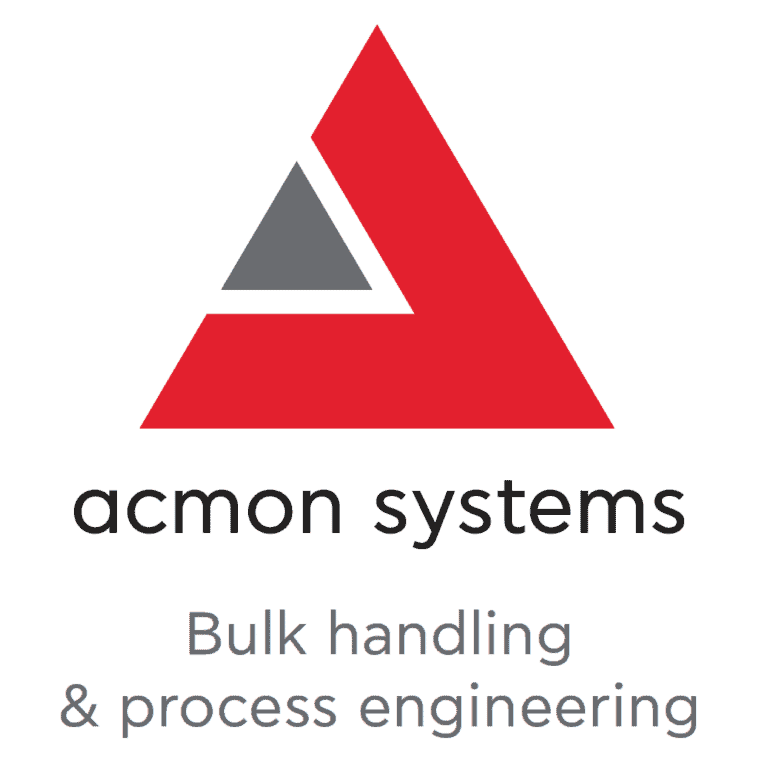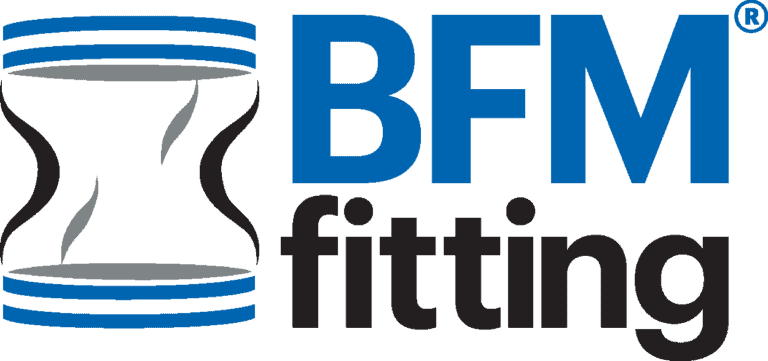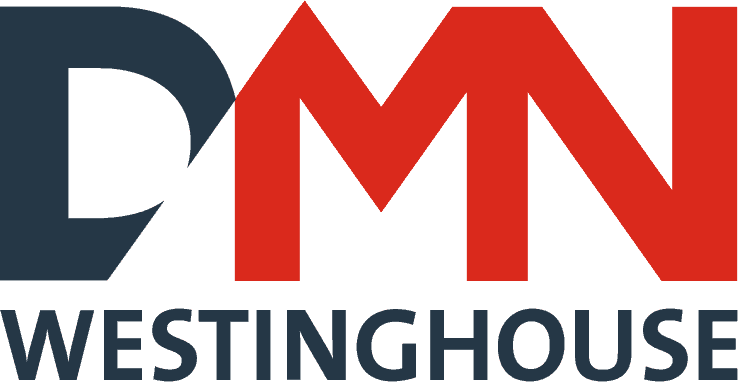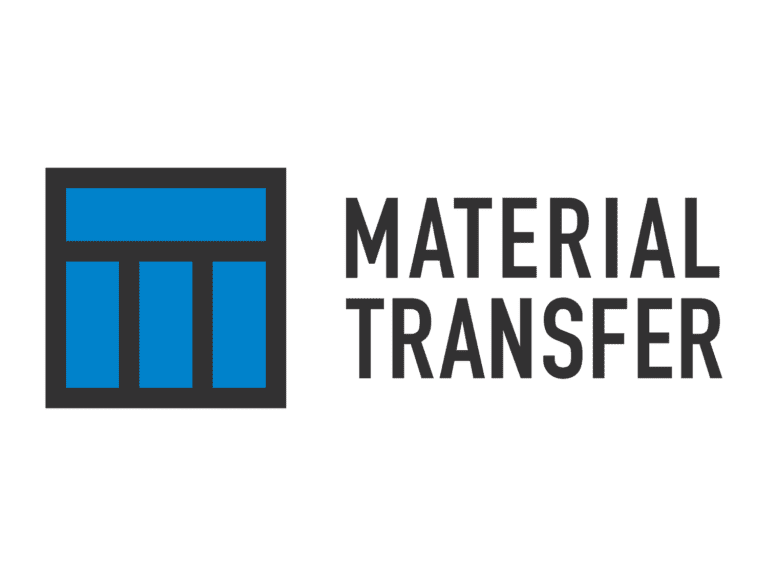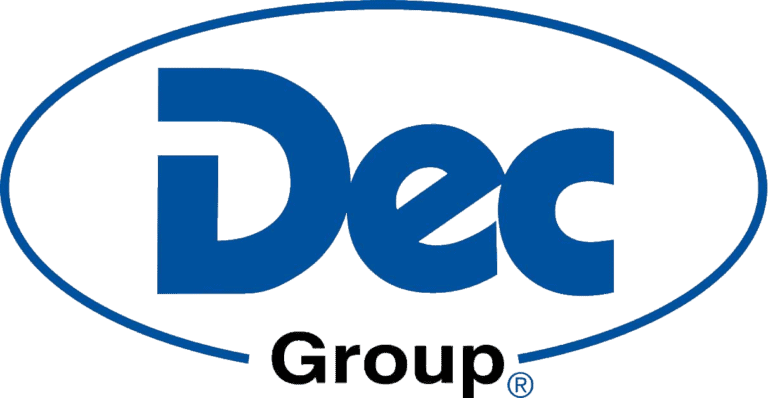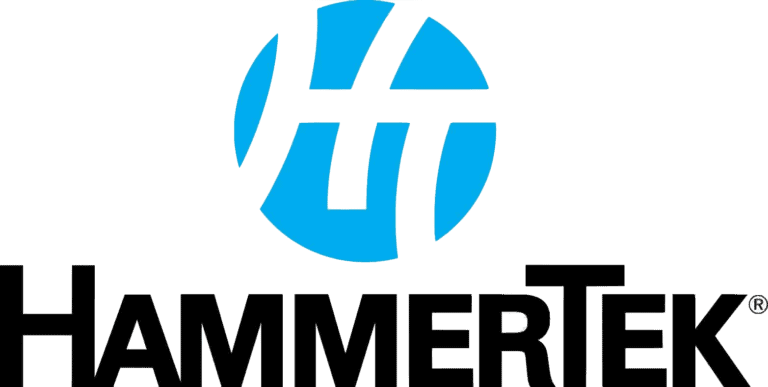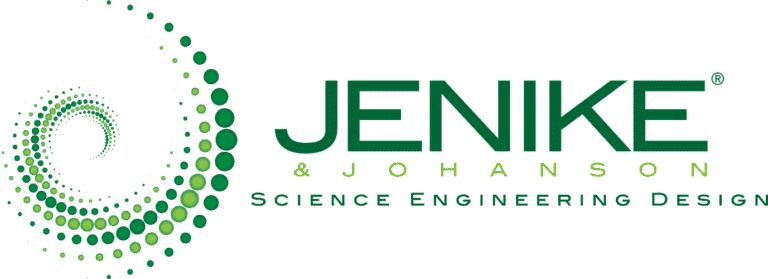As metal detection specialist Fortress Technology unveils its expansion into the Canadian checkweighing market, Director Pierre DiGirolamo explores the very latest inline weighing trends.
The global market outlook for automated checkweighing is strong. Industry reports predict further rapid growth, with industry reports suggesting 4.6% CAGR each year between 2019 and 2027. The projected expansion of this sector is likely to be boosted by a number of factors. For many FMCG manufacturers, price hikes, squeezes on profit margins, the explosion in lifestyle-led wellbeing and ready-to-go food packs as well as strict regulatory mandates and productivity driven investments is swinging the scale towards advanced and accurate precision checkweighing.
The new Raptor Checkweigher series is a breakthrough advancement for Canadian food producers battling price volatilities across the domestic and global supply chain. Protecting consumers and brand reputation, as well as meeting legislative weight requirements, the robust Raptor Checkweigher also targets operational inefficiencies, including upstream product giveaway, non-conforming food packs and packaging waste.
Saving good food giveaway
Giveaway has been a long accepted practice in food factories. Many are notorious at overcompensating in the filling phases to avoid falling foul of international and domestic weight legislations. Even nominal overfilling can rapidly escalate to lost profits.

Yet, most modern checkweighers have refined their process beyond achieving high speeds, providing significant feedback data needed for QA and interfacing with other machinery to make adjustments autonomously. When used in the right way, the upfront cost of a checkweighing machine can deliver a rapid ROI. By digitizing the checkweighing process, manufacturers can rapidly achieve productivity gains and save thousands of dollars in product giveaway.
Driving down expensive overfilling, the Raptor for example introduces innovative high-end weighing algorithms. Providing the most accurate high speed results in line with multiple global weighing legislative requirements, the in-motion, three-belt checkweigher captures thousands of sample readings of individual packs every second. Sophisticated software adds full transparency to packing processes tracking each unit weight meets the set parameters as each passes over the checkweigher.
Besides reducing false rejects and product waste, the use of modern network technologies allow for automatic data transmission. With integrated data collection software, everything from trends, pack rates and live OEE data is instantly reported. Production and QA personnel can then utilize this information to monitor and fine-tune production line performance, even prior to the weight check process.
For example, if a meat manufacturer finds inconsistencies in the size of meatballs, this indicates that the processing machinery is not running accurately. Beyond highlighting this fault, precision systems, such as the Raptor Checkweigher, provide a controlled feedback signal to upstream automation equipment used to portion food products. This signal specifies when to increase or decrease the fill quantity accordingly, eliminating the need for human intervention.
Maintaining value during ‘shrinkflation’
Deviating from a recipe also affects the value of products, notes Pierre citing ‘free from’ and ‘dietary’ ranges as classic scenarios where formulation conformity is critical. “Free-from ingredients can cost over 150 percent more than conventional products. For instance, there is often 20 or more ingredients within a free-from bread recipe. Placing even greater emphasis on tightly controlling waste and giving away good product.”
Global rice flour shortages, for instance, is one ingredient that is currently impacting producers of gluten-free products and baby food. Having already encountered the pandemic-related supply chain disruptions, another surge in prices for essential commodities, ranging from grains to sugar, soybeans to corn is anticipated. It is expected to affect retailer pricing strategies for all types of products, including bakery items, convenience meals, pet food and wellbeing products.
Another common practice to counteract price rises in recent years is to reduce pack sizes. Dubbed ‘Shrinkflation’, food producers firmly lay the blame on rising raw material costs for resizing packs. Applied to chocolate bars, cereal boxes, coffee, fruit juice, sausages, beers and even toilet rolls, rather than raise the retail price, which consumers instantly spot, manufacturers downplay the issue by downsizing the product.
Of course, when a reputable brand makes the decision to put less product into a container, it places even greater pressure to adhere to net weights, notes Pierre.
Weight management market on growth curve
Globally, the weight management market is projected to grow at 8.6 percent CAGR in the next five years. For this expanding market, weight checking is fundamental to authenticity, product integrity and brand protection.
Pierre comments: “Absolute weighing uniformity in weight management products is non-negotiable. If the packaging states a snack bag has 100 calories, the tolerance cannot deviate by more than 0.5 grams. In this market, being bang on the weight target is critical.”
By optimizing the processing electro servo drive, the Raptor Checkweigher weight sensors reset rapidly, allowing for instant and precise weight checks of individual packs in real time. Trend feedback is instantly fed upstream to filling, portioning and packing automation equipment. Signaling when to increase or decrease fill quantity.
This utilization of automation tools and ‘smart’ inspection and checkweighing machinery helps to ensure waste remains tightly controlled. It also maintains food safety and production efficiency.
Combination checkweighing and inspection systems bring food plants even closer to the Smart Factory vision, whereby connected devices work alongside each other to reduce contamination, ensure food safety compliance and boost traceability and efficiency.
The Raptor Checkweigher and its XL version have modular electronics. This allows them to be seamlessly integrated with a Fortress metal detector, as well as upstream packaging equipment. The Raptor series also features a user friendly HMI touchscreen panel which can be pre-programmed to calibrate numerous SKUs to avoid mistakes during product switchovers. Summing up, Pierre adds that any weighing system must drive productivity and efficiency improvements. “A checkweigher shouldn’t just be regarded as a regulatory necessity. The data that it captures can also drive untapped ROI by reducing product giveaway and food waste,” he concludes.






